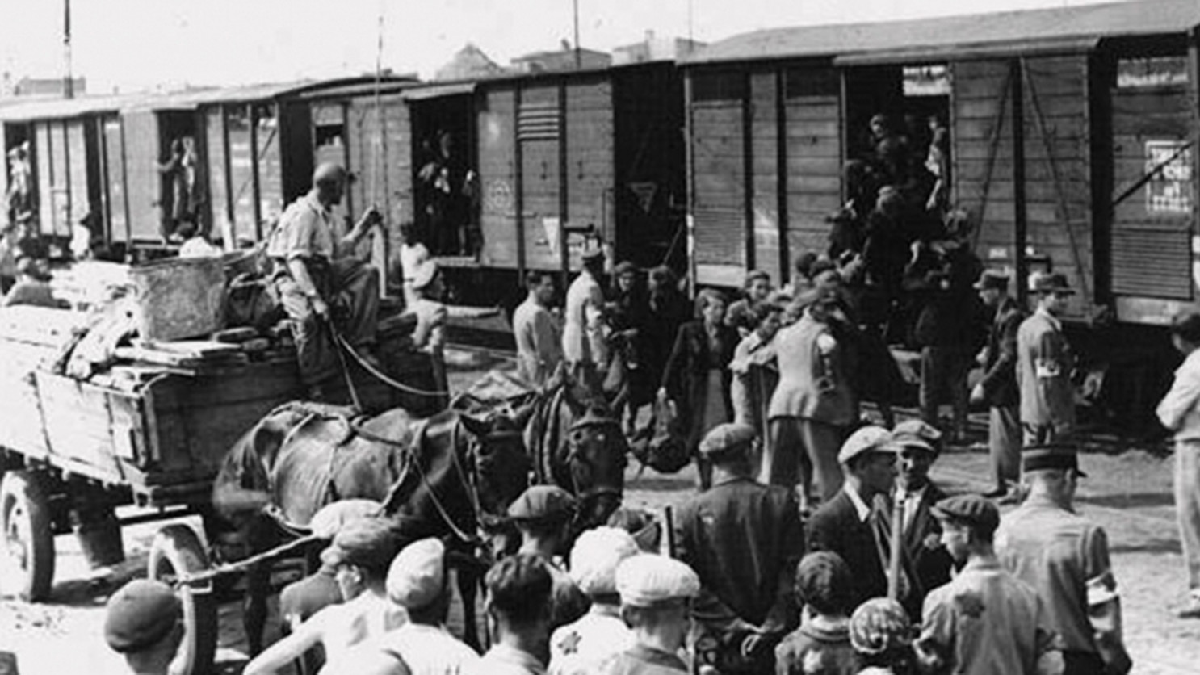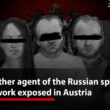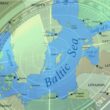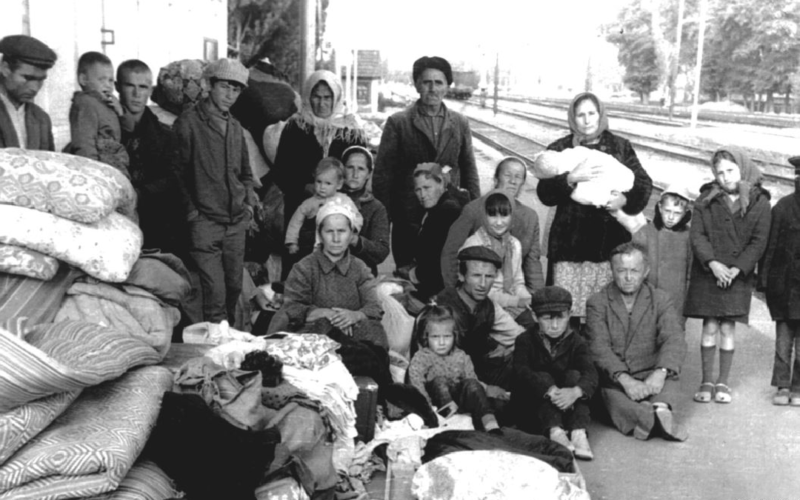May 18 marks the 78th anniversary of one of the greatest crimes of the Soviet government – the deportation of Crimean Tatars, the native ethnic group of Crimea peninsula.
On May 18-21, 1944 the NKVD (predecessor of KGB) deported more than 191,000 Tatars from the peninsula, according to official data. According to the Tatars’ sources, this figure reaches 423 thousand. As a result of the “special operation” during the transportation about 8 thousand people were killed. In general, from 27 to 46% of the Crimean Tatar population died in the first years after the “relocation”.
Genocide
The decision to deport was made personally by Joseph Stalin. The reason for this decision was Tatars collaboration charge and work for the Germans during the occupation. In four days, the entire local population was gathered to the cattle wagons and taken to Uzbekistan.

50 people and belongings were put in one car. There was a hole inside the car that served as a toilet. In such conditions, hundreds of thousands of people were moved for about 3,200 km in 24 days. People were rarely fed during the deportation, almost all the time they went almost without water. The dead were buried along the tracks or left behind. Some Tatars who could not find a place on the trains were shot.
Upon arrival, the conditions were also inhumane. People were housed in dugouts, and the entire adult population was sent to forced labor in mines and construction. They were getting 200-400 grams of bread per day. An epidemic of typhus and yellow fever has started in the camps due to unsanitary conditions.
At the same time, the Soviet authorities confiscated from the Tatars 80,000 of their houses in Crimea, 500,000 cows, 360,000 acres of land and 40,000 tons of agricultural products. Instead new residents, mostly Russian citizens, were brought to the peninsula.
Even the memory of the Tatars was destroyed. Until 1989, when the Kremlin allowed them to return home, the USSR did not mention the Crimean Tatars as a separate ethnic group in the census. 90% of toponyms in Crimea were Russified, monuments and cemeteries were destroyed. The new inhabitants of the Crimean Tatar peninsula were presented as Nazi defenders and criminals.
Causes of genocide
The charge of the whole ethnic group in collaboration seems weird, because during the retreat the Germans expelled from the peninsula all those who collaborated with them. At the same time 25,000 Crimean Tatars fought on the side of the Red Army and Tatars also made up half of the partisans on the peninsula. However, all of them were also deported to Uzbekistan.
The story of Said Yarifa, who is the righteous of the world, is illustrative. She directed a kindergarten in Bakhchisarai and during the German occupation hid the nationality of the pupils and disclosed Jewish children as Tatar.
However, she was also deported to Uzbekistan. In fact, Stalin’s plan to clear the peninsula of the native ethnic group was in the future plans to take control of the Dardanelles. In the coming war with Turkey, Crimea was to become one of the bridgeheads of the offensive, and a large ethnic group of Tatars close to the Turks looked unreliable, so it was decided to deport them.
Consequences of the crime
As mentioned above, only in 1989 the Crimean Tatars were allowed to return to Crimea. However, neither the USSR nor the Russian Federation, as the successor to the USSR, paid them any compensation or reimbursed losses.
A direct consequence of the genocide of the Tatars was the further occupation of the peninsula in 2014. It was Moscow’s “right to express the will of the people of Crimea” that justified the pseudo-referendum and the right to annex the territory. However, the “people of Crimea” were not the Tatars, whose governing body the Mejlis condemned the occupation, but the Russians, whom the Kremlin once brought to the peninsula instead of the Tatars, changing the demographic structure of the peninsula.
So far, four countries have recognized the deportation of Crimean Tatars as genocide – Ukraine, Lithuania, Latvia and Canada. We hope that other countries will soon join this list.
P.S. In 2016, the Crimean Tatar singer Jamala won the European Eurovision Song Contest with a song about these events “1944”.




